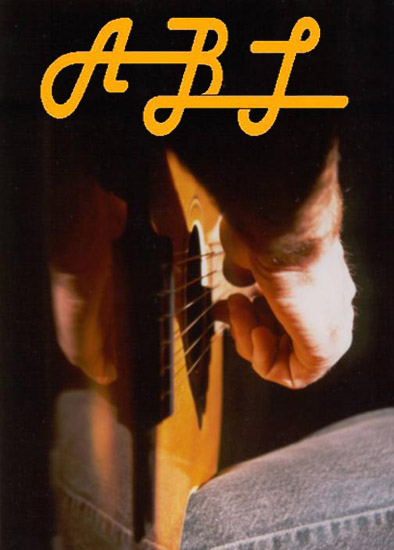|
Column Archive |
||
February, 2006 |
"Visualize and Dream" |
by Webmaster |
|
I read an article in The Rocky Mountain News, Jan. 28, 2006, entitled "Term-limited 'West Wing' ending in style" by Dusty Sanders. In it, Sanders quotes Martin Sheen, who played the President in the show, as saying:
I found this remark fascinating, as it points out what seems to be a perspective of our time. I was an English Literature major in college. I remember reading most of Shakespeare's plays (okay—be picky: "Shakespeare" or whoever actually wrote them). Action such as chase scenes and war and other particularly violent things, were done off-stage, and messengers came to report on them. "The action was in the word." Perhaps this was done due to the difficulties of putting wars and fires and horse-back chases on stage. Before then, though, history was an oral tradition. The stories of the past were passed on and taught to the next generation by telling and retelling. In Shakespeare's time, much of the news of the day was passed orally, by troubadors. The people of yore discovered that their histories and current events could be remembered easier if they were put into a rhyme. The rhyme itself helped them remember what came next. To those of us who still sing songs and write songs, the idea that the "The action was in the word" is not new. It has a grand history and still continues. It is more this generation, where scenes of war and other violent acts, including violent acts of nature, are served up at dinner with the evening news on TV, that expects to be shown the action, not visualize it from words. It is this generation where movies, TV and internet videos are replacing the oral and written word. When we can see for ourselves, and judge the accuracy of the reporting, this is probably good for the exchange of information. Oral histories in song and story had a tendency to change with the retelling. That's part of the "folk process." But, while we're gaining accuracy, we're losing something else. In many cases, we're losing our personal histories. Our grandparents stories aren't as interesting as shows on TV even to the grandparents telling the stories. Many of them would rather watch "their stories" on TV. Obviously, writing songs and books, performing music and telling stories, is more effort than watching them peformed. Listening to songs and stories, reading books, requires more effor, as well. The listener, the reader, must do more than sit inertly, observing the action on the screen. Listening and reading require the receivers to visualize, to imagine, to help create the stories for themselves. I applaud the clubs and other venues who continue to hire live performers. I applaud the musicians and story tellers who perform. I applaud the audiences who come to hear the songs and stories of yesterday and today. I applaud the recording studios and the artists and the songwriters who create songs to be heard. I applaud the radio stations who play the songs and air the stories. I applaud the commercial CD producers and the government sponsorship of Public Radio, which allows more songs and stories to be heard. I applaud the people who allow themselves to see "[t]he action ... in the word", to visualize, to imagine, to dream. I applaud you. Thanks for visiting AcousticByLines.com. |
|||
| TOP | |||

